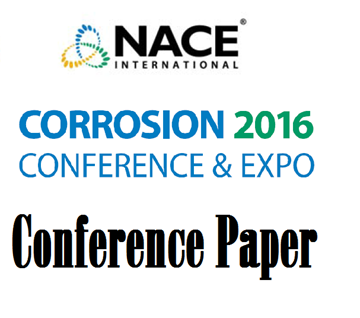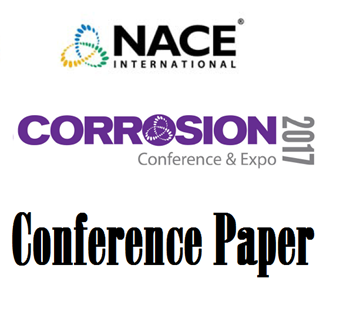Search
51316-7740-Corrosion of Carbon Steel in Water Equilibriated with Liquid and Supercritical CO2
Also Purchased
11377 Effect of Water Content on the Corrosion Behavior of Carbon Steel in Supercritical CO2 Phase
Product Number:
51300-11377-SG
ISBN:
11377 2011 CP
Publication Date:
2011
$20.00
51316-7223-Corrosion Assessment of Pipeline Steels in Supercritical Carbon Dioxide Stream
Product Number:
51316-7223-SG
ISBN:
7223 2016 CP
Publication Date:
2016
$20.00
Lab Performance Testing on Corrosion Inhibitors Under Supercritical Carbon Dioxide Conditions
Product Number:
51317--9474-SG
ISBN:
9474 2017 CP
Publication Date:
2017
$20.00




